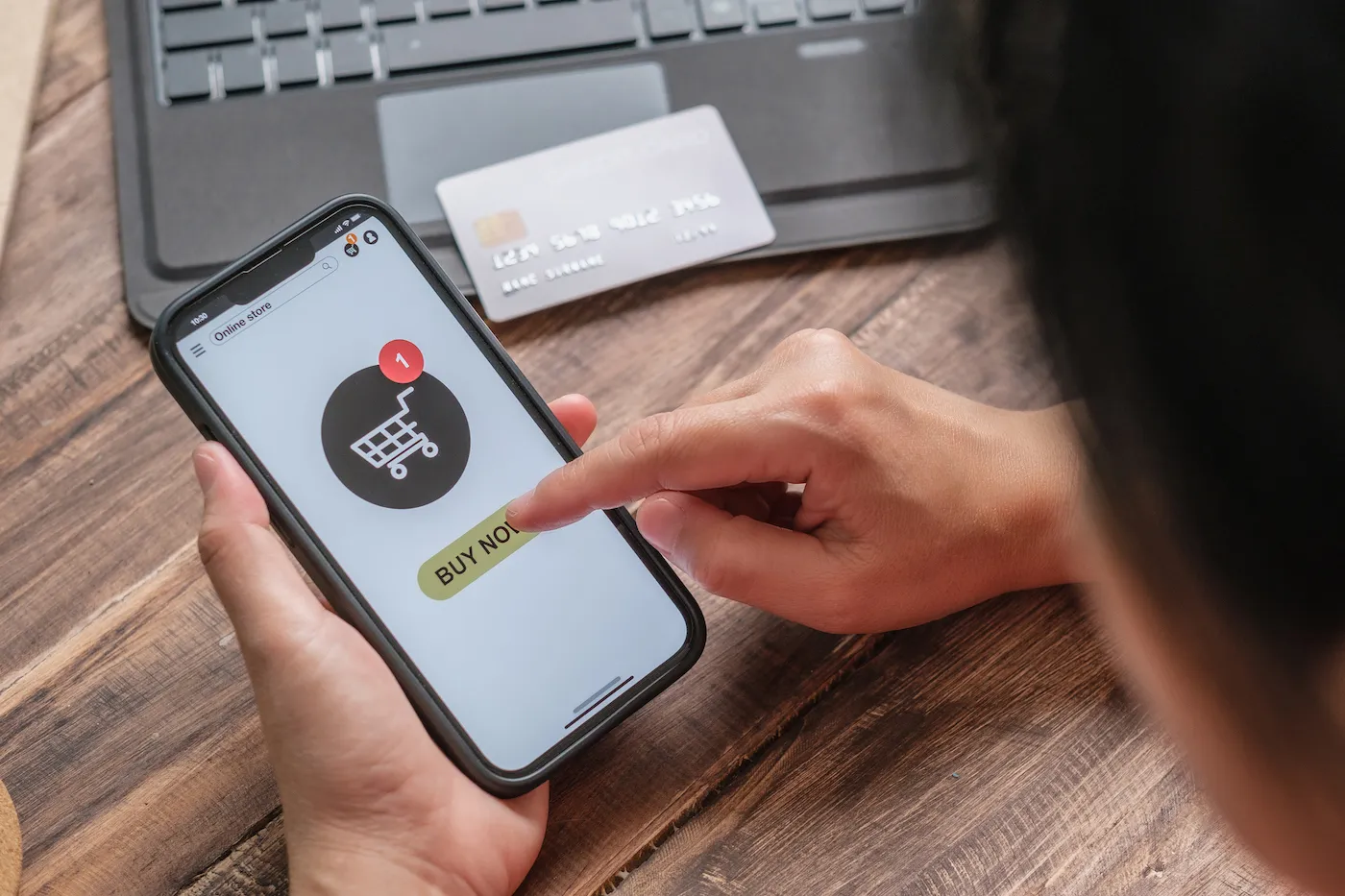What You Need to Know About Buy Now, Pay Later at Experian

Buy now, pay later (BNPL) is a financing option offered at online and in-store checkouts allowing you to pay for a purchase over time. A BNPL loan refers to a payment method that allows consumers to make a purchase, typically with a down payment, and pay for it over time. BNPL plans can vary by provider and may be offered with differing terms, fees and interest. With a common BNPL type (referred to as "pay-in-4"), payments are split into four equal installments or biweekly payments over six weeks, without any interest or fees, as long as the terms are met on time, with no late payments.
You can think of BNPL as similar to a layaway, where you pay a merchant for a purchase over time rather than immediately upfront. Unlike a layaway, though, with BNPL, you get your items right away.
Protecting Consumers Is a Top Priority
To date, most BNPL providers do not report to the credit bureaus. But in an effort to bring more transparency to BNPL usage, Experian created a way to include BNPL accounts as part of a consumer's credit report without impacting traditional credit scores.
The consumer benefits of having BNPL visible on credit reports include:
- Building a credit profile for those who have little to no credit history: Provides the ability to show a record of on-time payments and paid-off accounts.
- Confirming the information reported is accurate: If any information looks incorrect, you can reach out to the BNPL lender to verify the payment information.
BNPL plans can be a convenient way to pay, as long as you read the terms closely, use a budget to plan your spending and keep track of your repayment schedule. It's always wise to review your credit report regularly and consider your full financial picture before you apply.
Will BNPLs Appear on My Credit Report? If So, How?
Yes, if a BNPL provider sends Experian account information, it will be denoted as a "Buy-Now-Pay-Later" account. Please note that not all BNPL providers send their account information to Experian. You may have additional BNPL accounts through other lenders which will not appear on your credit report until they share the information with Experian. At this time, BNPL information will only appear on consumer credit reports; however, a consumer's history will be visible to lenders as BNPL information is more widely reported to Experian. Policies may differ at the other national credit reporting companies—Equifax and TransUnion.
Does BNPL Affect My Credit Score?
Most BNPL accounts don't currently impact traditional credit scores (at least from Experian), but may affect credit scores in the future as new scoring models are developed. BNPL accounts may appear on your Experian credit report, and late or missed payments may impact how the user of the report assesses your credit report.
Improving Credit Visibility for All
As BNPL information is more widely reported to Experian by BNPL providers, a consumer's BNPL history will be visible to lenders that request an Experian credit report. This enables them to make more informed decisions when determining whether to extend credit offers. For that reason, you should be mindful about how much BNPL debt you have at any given time. Although BNPL loans may not affect your FICO® ScoreΘ or traditional credit scores now, missing payments can lead to late fees. Having too many open BNPL accounts can also affect your ability to keep up with other bills. Unpaid balances could be sent to collections and will likely be visible on your credit report, affecting your ability to qualify for credit or loans in the future.
What Should I Do if I Find Inaccurate Information on My Credit Report?
If you find inaccurate information on your credit report, you should contact the BNPL company directly to dispute the information, or you have the right to dispute through Experian's online dispute center: www.experian.com/disputes.
For more information about BNPL, see our Buy Now, Pay Later FAQs.
What makes a good credit score?
Learn what it takes to achieve a good credit score. Review your FICO® Score for free and see what’s helping and hurting your score.
Get your FICO® ScoreNo credit card required
About the author
The Experian Team is made up of experts across many financial verticals including credit, identity theft, insurance, banking and more. Articles published by the Experian Team are written by these subject matter experts and reviewed by our internal team of editors and fact checkers.
Read more from Experian